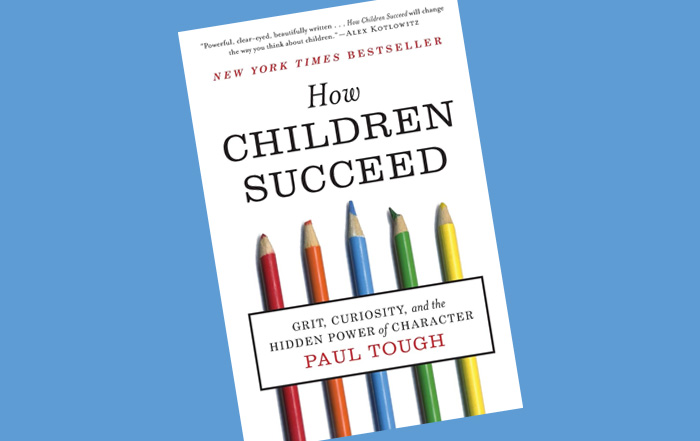April 8, 2021
My last missive focused on How Children Succeed by Paul Tough, and traits that comprise one’s performance character. Carmit Segal’s research showcasing the link between coding speed (a proxy for trying hard when there are no real incentives, or conscientiousness) and future earnings is one of many studies suggesting that these traits really matter when it comes to life achievement and satisfaction. If that’s the case, then how can we (as parents and teachers) nurture these traits in our children?
Several studies point to the importance of specifically praising effort and process (rather than achievement and intelligence). This type of praise fosters self-efficacy and competence, which undergird the development of persistence in children. We also speak of the ‘power of yet’ at TDS. If a child fails at a task, we emphasize that they cannot complete it yet, implying that sustained effort will ultimately lead to success.
A new study appearing in the Society for Research in Child Development confirms what many of us know intuitively: Children Persist Less When Adults Take Over.
In part one of this study, subjects (children aged 4-8) were given a set of challenging puzzles in the presence of their parents. Raters then coded parent behaviors as parents sat with their kids. Behaviors were categorized as encouragement, instruction, asking pedagogical questions, giving up, and taking over. Before the experiment, parents were asked to rate their child’s persistence.
Researchers found a strong negative correlation between parents taking over on the puzzle challenge and parent ratings of persistence. That is, parents who took over were much more likely to describe their children as having low persistence. Of course, as students learn in our Middle School, correlation does not necessarily equate with causation.
In part two of the study, children first worked on a puzzle in the presence of an experimenter. Depending on their random placement into one of three groups, experimenters either (a) taught the child how to do the puzzle, (b) just sat quietly, or (c) took over the task after a few minutes. All children were then asked to try to open a box with a toy inside. Persistence was defined as the time spent trying to open the box.
Not surprisingly, children in the “takeover” group spent significantly less time trying to open the box. The authors concluded that “taking over impairs persistence on a subsequent task.” They also opined that “it is easier to demotivate children than to motivate them.”
For myriad reasons, we have all taken over tasks for our children. (I can remember days when, as a family, we never would have made it out of the house if my wife and I hadn’t done this!) Unfortunately, our taking over signals that the task is too hard, and that if they wait long enough, an adult will do it for them.
Those of us with older children likely remember when our kids started to buckle and unbuckle themselves in the car. It was when we stopped doing it for them! If you’re still wrenching your back each morning, consider letting that be a moment when your child takes a giant step toward persistence.
Doug Norry
Head of School

